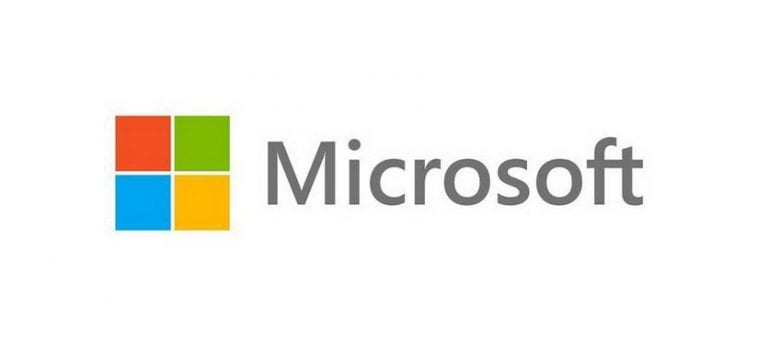REPORTS
2021 Global Tech Support Scam Research
July 23, 2021
Global Tech Support Scam Research United States
- Continuing the trend from 2018, fewer consumers were exposed to scams: Globally the number of interactions reported fell by 5-points to 59%, largely driven by a reduction in scams involving pop-up ads or windows (37% vs. 45% in 2018) and redirects to websites (30% vs. 37%).
- However, those exposed were morelikely to have lost money: Despite a subsequent reduction in consumers continuing with a scam (16% vs. 19%), the number of people directly losing money increased slightly from 6% to 7% in 2021. On a positive note, more of those who lost money were able to recover some, and fewer people spent spent time or money on checking and repairing a computer.
- Sensitive financial information continues to be at risk: While scammers most commonly asked consumers to download software or go to a website (with 30% reporting computer problems), the proportion of consumers asked for their SSN increasedsince 2018, and 16% were asked to their banking website. Not surprising, there was an increase in the number of consumers reporting fraudulent use of credit/debit or store cards or fraudulent use of online stores, accounting for the increase in moneylost.
- Consumers are more wary of scam risk: Consumers have grown more sceptical of unsolicited contact, with 79% thinking it unlikely that a reputable company would contact them in this way (+5 since 2018), and 86% unlikely to trust it (+3).
- Younger consumers and males continue to be most at risk: As in 2018, it is Gen Z, Millennials, and Males who were hardest hit and most likely to have lost money; likely due to younger generations being more ‘online’ and engaging in more risky activities. Interestingly, confidence in computer usage and the internet has decreased across all ages, opening up potential for further education.
SHARE:
Price: FREE

About the Provider

Microsoft
Microsoft Corporation is an American multinational technology company with headquarters in Redmond, Washington. It develops, manufactures, licenses, supports, and sells computer software, consumer electronics, personal computers, and related services.
TOPICS
cyber risk, Financial information, Tech support scams





